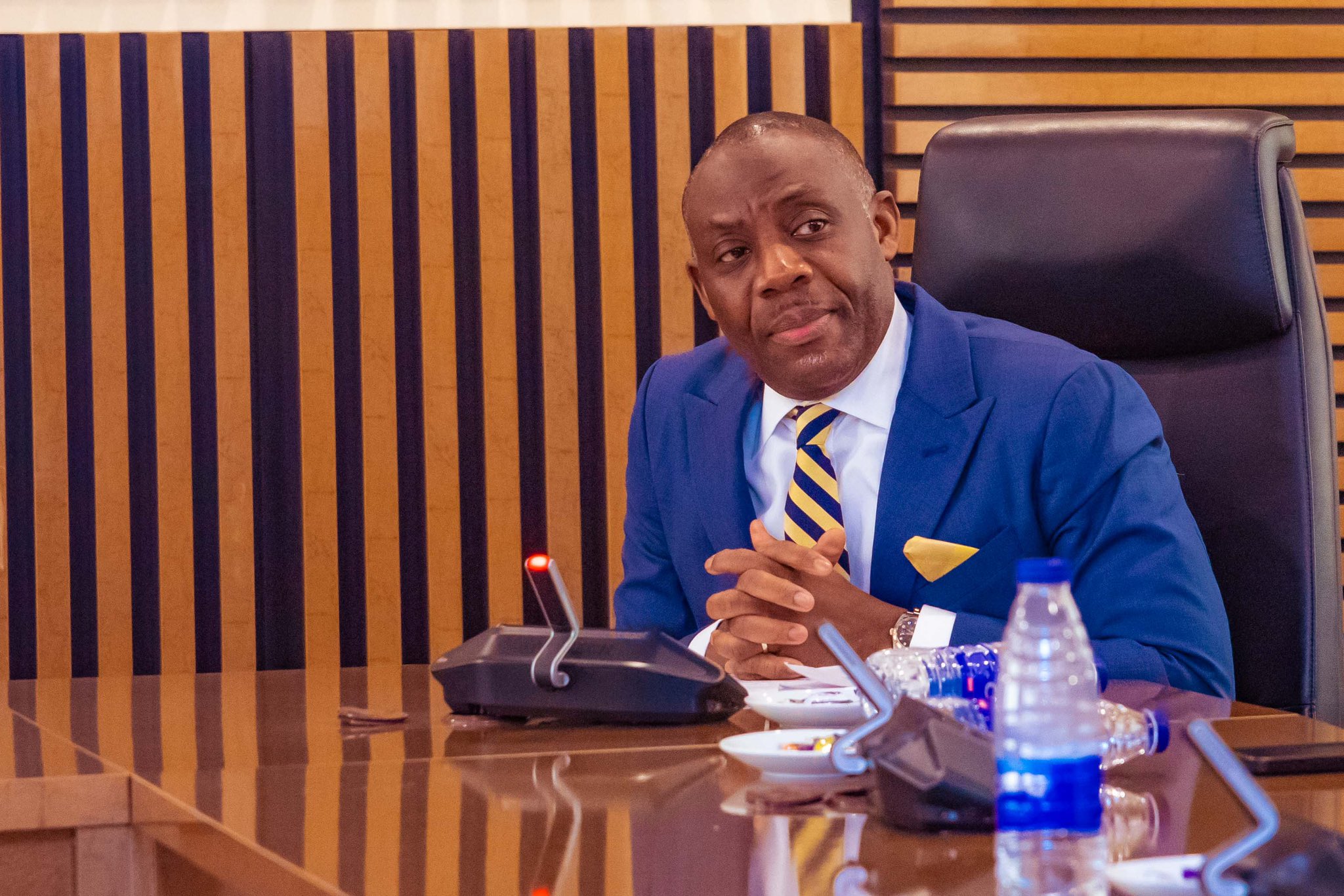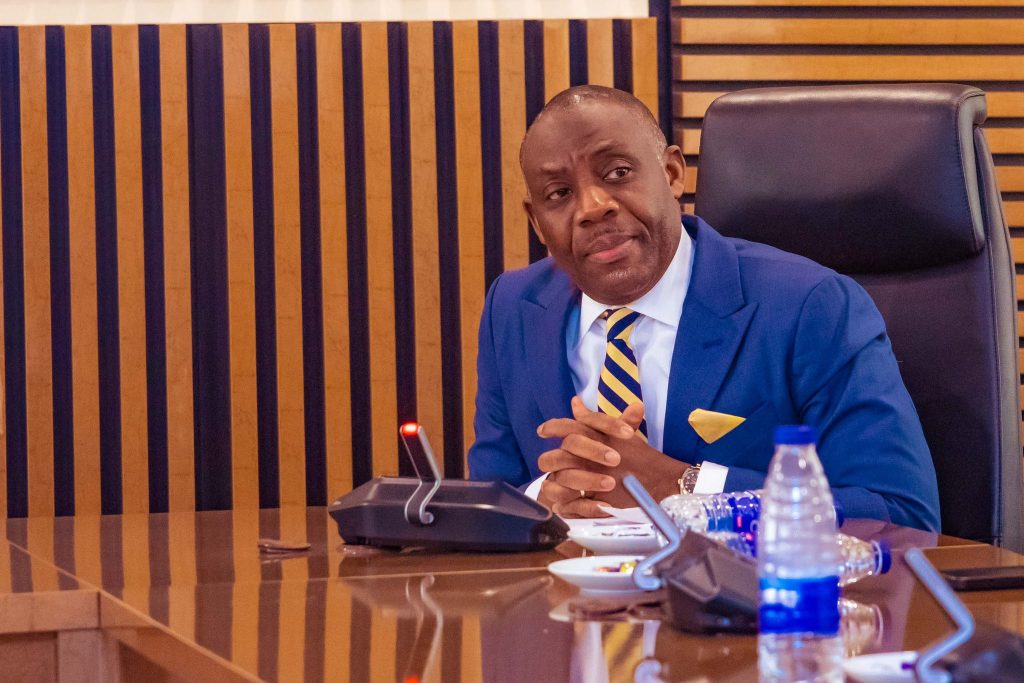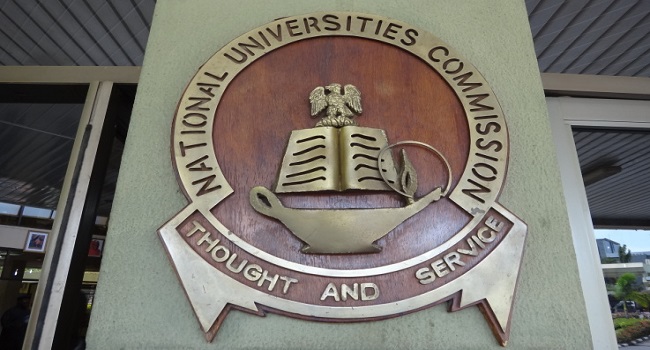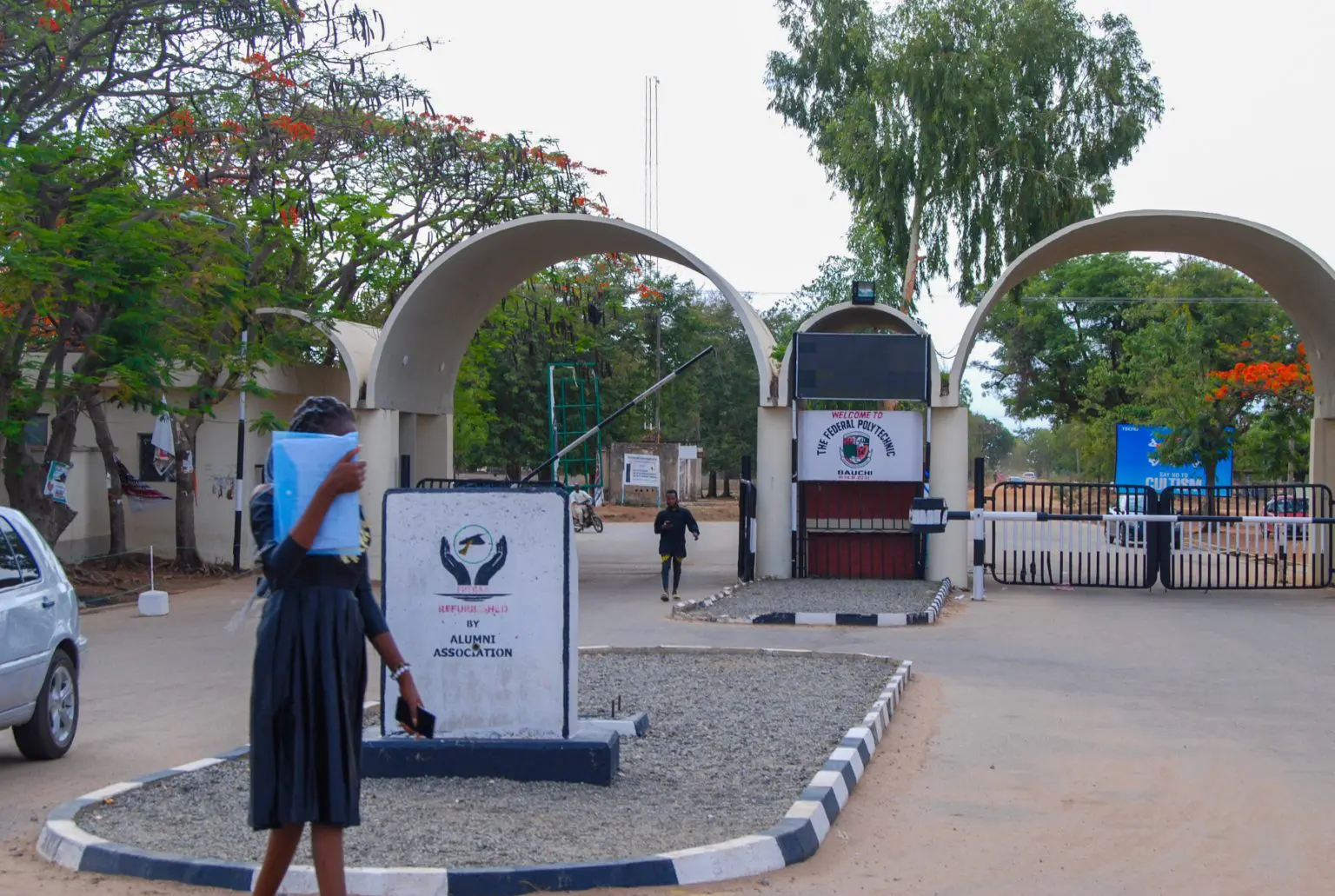Minister of Education urged to address university strikes through online earning


In light of persistent strikes affecting Nigeria’s tertiary education sector, Abba Michael, the head of the Institute of Commercial Management United Kingdom (ICM-UK) in Nigeria, has advocated for the adoption of online education as a solution.
Michael called on Tunji Alausa, the newly appointed Minister of Education, to promote online learning programmes in Nigerian universities as a means to mitigate industrial actions.
“I have some advice for the minister. If online programmes are being pushed and encouraged in the country, we will not have strikes again on our campuses.
“I believe in the capabilities of the new minister that he will put measures on the ground to encourage and build the status of education in Nigeria by encouraging online programmes,” he stated.
Michael emphasised that the frequent strikes by the Academic Staff Union of Universities (ASUU) and similar associations could become a thing of the past with an effective online education system in place.
“We will not experience ASUU, NASU, and SSANU, among other strikes, because lecturers will be able to teach and earn incomes from many different universities from the comfort of their homes.
“If I’m lecturing in, say, 20 universities, I don’t need to go on strike. I will be making money from the various institutions, and so if one centre or university fails to pay at any point in time, another would be able to pay,” he explained.
The negative impact of strikes on students has long been a source of concern for many Nigerians. Stakeholders have highlighted how such disruptions hinder academic progress, causing delays in the curriculum and knowledge gaps.
Christopher Nmeribe, a parent and educationist, noted that strikes often result in postponed examinations and other activities, leaving students idle and vulnerable to engaging in harmful activities like cyber fraud, robbery, or even kidnapping.
“As a result of the chaotic higher education system in Nigeria, which is worsened by the incessant strikes, many students are seen roaming the streets or engaging in dirty jobs, as only a few of these students can take up menial or labour-intensive work to sustain themselves,” he said.
Recent global university rankings have further underscored the challenges facing Nigerian universities. None of the country’s institutions featured in the top 300 universities in the Times Higher Education World University Rankings, nor did they make the top 1,000 in the Quacquarelli Symonds World University Rankings 2025.
Michael urged the minister to address these shortcomings by championing online programmes. He argued that such initiatives would allow lecturers to earn multiple income streams by working across institutions, making strikes less appealing.
Moreover, Nigeria’s higher education system can only accommodate approximately 40% of the 1.5 million annual UTME candidates due to funding limitations, leaving many without access to tertiary education. Compounding the issue is the National University Commission’s policy declaring online degrees from foreign institutions as “unacceptable” in the country.
Michael highlighted the broader benefits of online education, including opportunities for students to work while studying, thereby addressing the unemployment crisis.
“We don’t have many job opportunities in Nigeria anymore; graduates are moving to the streets without jobs out there.
“Meanwhile, organisations want graduates to have many years of job experience before being employed. And you can never have experience in conventional schools,” he explained.
By encouraging online education, the minister could help equip students with the skills and qualifications needed to secure employment, ultimately driving economic growth and reducing unemployment.










